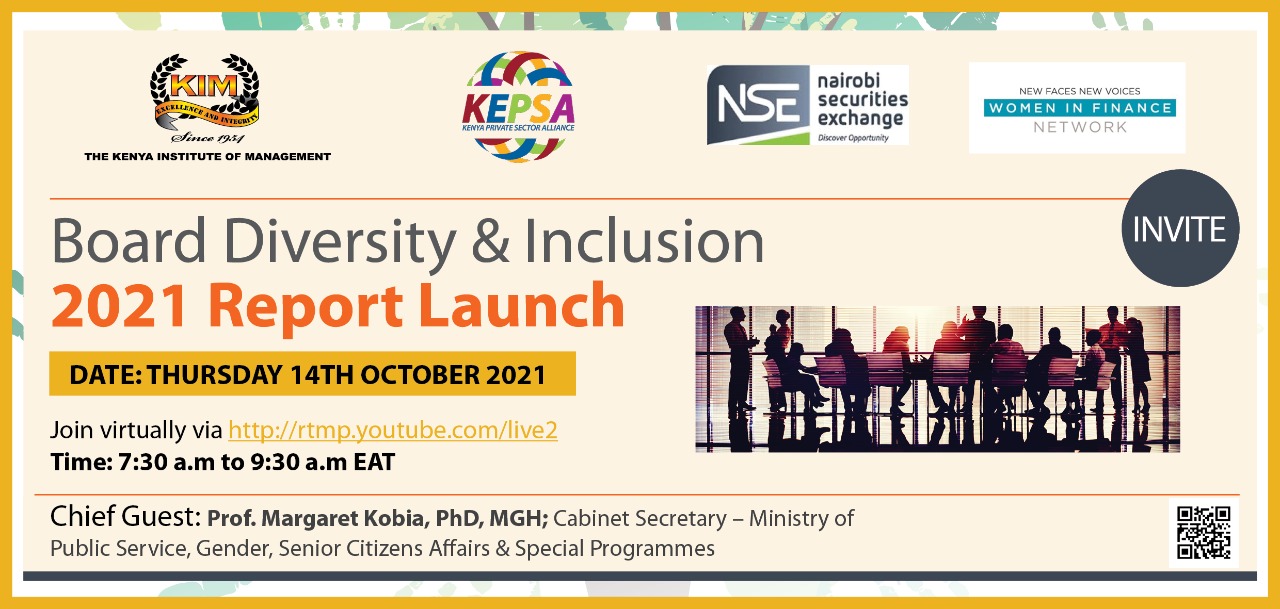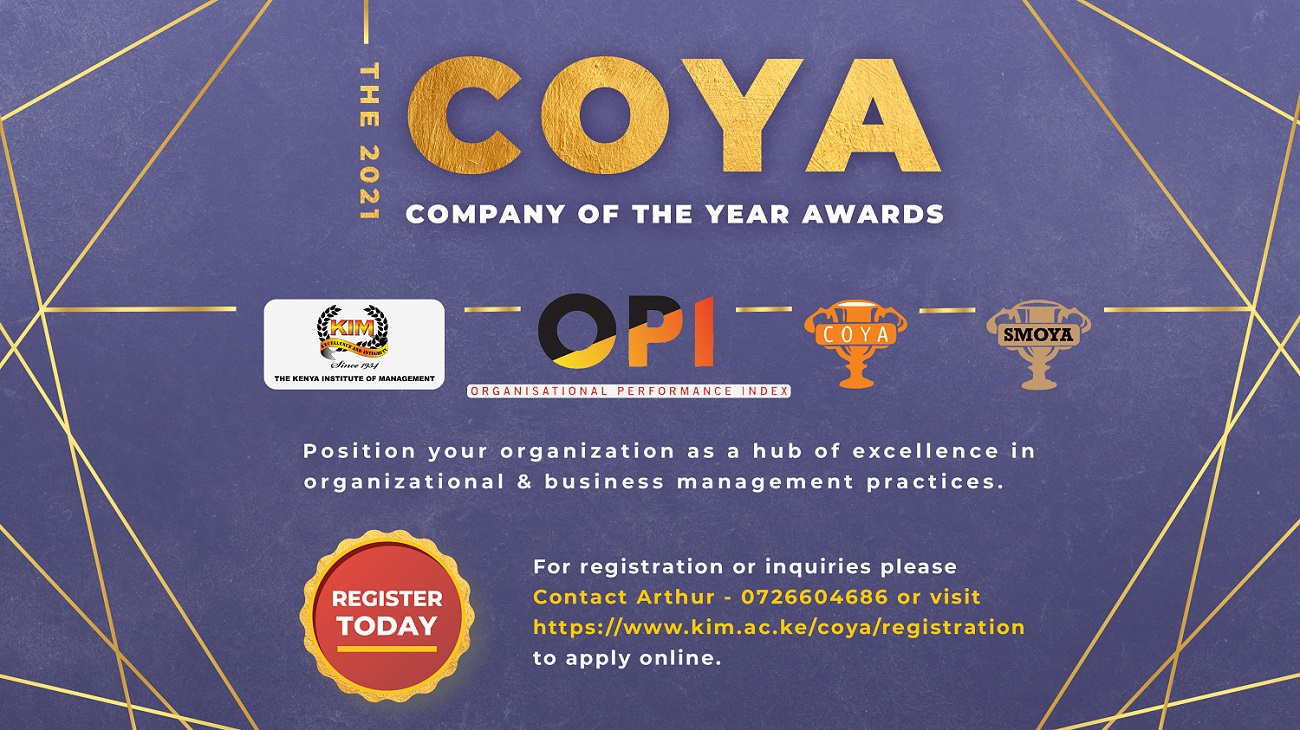Skills for the Fourth Industrial revolution
Tue, Mar 10, 2020 8:49 AM

Currently the job application and interview process, employers look for applicants with hard skills and soft skills. Hard skills are related to specific technical knowledge and training while soft skills are personality traits such as leadership, communication or time management. Both types of skills are necessary to successfully perform and advance in most jobs.
Hard Skills: hard Skills are abilities or skills that are easy to measure. Typically, you'll learn hard skills in the classroom, through books or other training materials, or on the job. These hard skills are often listed on your resume and are easy for an employer or recruiter to recognize.

Hard skills include:
● Proficiency in a foreign language
● A degree or certificate
● Typing speed
● Machine operation
● Computer programming
● Work Experience
Soft Skills, on the other hand, are subjective skills that are much harder to quantify. Also known as "people skills" or “interpersonal skills” soft skills relate to the way you relate to and interact with other people.
Soft skills include:
● Communication
● Leadership
● Problem Solving Skills
● Time Management
● Work Ethic
Unlike hard skills, it's hard to point to specific evidence that you possess a soft skill. If an employer is looking for someone who knows a certain type of qualification, you can share your grade in a class or point to a program you created using the language. But how can you show that you have a work ethic or any other soft skill? It’s important that you display your soft skills and point out some concrete instances in which you've used them. Just saying you have the skill isn't very meaningful. Instead, your best bet is to demonstrate that you possess this quality by sharing examples of times when you used it.
While certain hard skills are necessary for any position, employers increasingly look for job applicants with certain soft skills. That's because it's generally easier for an employer to train a new employee in a hard skill (such as how to use a certain computer program) than to train an employee in a soft skill (such as patience).
Analytical skills, communication skills, interpersonal skills, and leadership skills are among the top skills employers look for from prospective employees. Employers are increasingly looking for candidates with hybrid skills, which are a combination of soft and technical skills. Candidates with this skill set are very competitive in a continually evolving, technologically-focused economy. If you possess the top skills employers seek in candidates for employment, incorporate them into your resume and cover letters and mention them during job interviews.
Emphasize Both Hard and Soft Skills
You can highlight key soft skills by:
● Showing up on time or early to the interview (punctuality or dependability)
● Maintaining eye contact (active listening)
● Speaking clearly when prompted (effective communication)
● Answering questions about your resume and experience honestly (integrity)
● Asking follow-up questions (active listening)
You can highlight your hard skills by:
● Elaborating on your experience and training
● Providing a portfolio (digital or physical)
● Effectively answering technical questions related to the work
● Asking follow-up questions related to the work
● Effectively working through skills tests (if required at the interview)
Since they're both important, emphasize both your hard and soft skills during the job application process. This way, even if you lack a hard skill required by the company, you can emphasize a particular soft skill that you know would be valuable in the position.
For more information Contact: kim@kim.ac.ke or Tel. +254719054101. #Futureskills #FIR #Learning #Unlearning #Relearning #Upskilling




